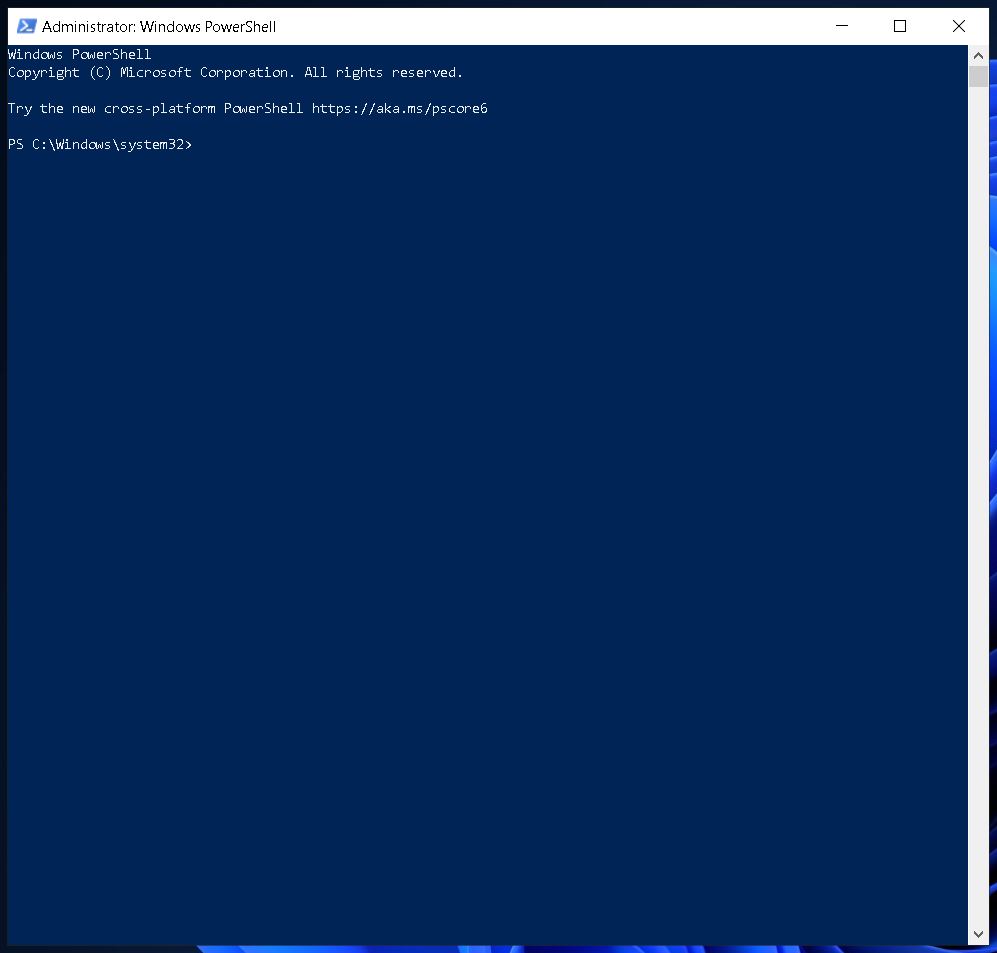How to Export or Backup Drivers Using PowerShell in Windows 10
Windows 10 includes a built-in feature called Driver Backup & Restore. This allows you to save a copy of your current drivers and restore them later. You can do it manually, or you can automate it with PowerShell. In this article, I’ll show you how to restore a driver backup and how to restore a device driver backup.

What is a Windows PowerShell?
Windows PowerShell is a command line shell built into all versions of Microsoft Windows operating systems since Windows 2000. It provides a scripting language and integrated development environment (IDE), allowing users to automate tasks and build solutions quickly.
It was originally developed by members of the Microsoft Management Console team within Microsoft Corporation.
Microsoft released Windows Server 2012 R2 with PowerShell version 5.0.
In addition to being used for automation, PowerShell can also be used for system administration, configuration management, monitoring, troubleshooting, and debugging.
PowerShell is a powerful tool that allows developers to write scripts to perform various functions. These functions can range from simple text manipulation to complex database queries.
This article will provide information regarding the basics of Windows PowerShell.
## What Is Windows PowerShell?
Windows PowerShell is a command-line shell built into all versions (including Windows 7/8/10) of Microsoft Windows operating systems. It provides a scripting and programming language called PowerShell Scripting Language (PSL).
Windows PowerShell is a cross-platform application that runs on both 32-bit and 64-bit versions of Windows.
Windows PowerShell is a component of the.NET Framework, which is included in every version of Windows.
Windows Server 2008 introduced the first version of Windows PowerShell. Since then, several updates have been made to the software.
## History Of Windows PowerShell
Windows PowerShell started out as a project named “Project Centennial”. It was created by members of the Microsoft MSCOM team within Microsoft Corporation. They were looking for a replacement for the Command Prompt window.
They wanted something that was easier to learn and use. They also wanted a user interface that was similar to the graphical interfaces found in modern operating systems.
After some research, they decided to develop a command-line shell based on.NET technology.
The original name of the project was “Command Shell”. However, after a couple months of development, the project was renamed to “Windows PowerShell”.
How to Backup Device Drivers in Windows 10 via Command Prompt
To backup device drivers, open the command prompt and type dism /online/exportdriver/destination:”C:\DriversBackup\”
Type dism /online /exportdriver/destination: “c:\driversbackup\”
Check if all drivers are backed-up successfully. Open file explorer, navigate to c:\driversbackupp\ and double-click on the.zip file.
How to Backup Drivers in Windows 10 via PowerShell
Open PowerShell and type “ExportWindowsDriver -Online -Destination “c:\driversbackup””
This command exports all drivers to a single destination folder. You can check the backup folder to see whether the export process was successful. If you want to restore the drivers, use the following command:
ImportWindowsDriver -Online -Source “c:\driversbackups\*.*” -Destination “C:\Drivers”
The above command imports all drivers from the backup folder into the system.
How to Restore a Driver in Windows 10 with Device Manager
To restore a driver in Windows, open Device Manager, locate the device you want to restore, and click it. Rightclick the device and choose “Update driver”. Then browse for local files and select the Drivers Backup folder. If you don’t see the Drivers Backup folder, make sure you’re browsing to the correct location. Click “Include subfolders”, and browse for your Drivers Backups folder. Press OK and wait for the device drivers to install. Once finished, close the window and restart your computer.
How to Restore a Device Driver Backup with PowerShell
Open Windows PowerShell (Admin).Type pnputil /AddDriver “C:\Drivesbackup\*.inf SubDir\Install\Rebot”.Press Enter.Replace the path with where you save your backup files.

Tim Wiley was a tech writer for seven years at Recode. In that time, he covered everything from basic browser.js and URL parameters to XHRs, performance, malware, security, enterprise apps, social media, and Windows secrets. He also written about how to hack Signal in 2016 and how to resist, or possibly even conquer, the zero-day threat.
